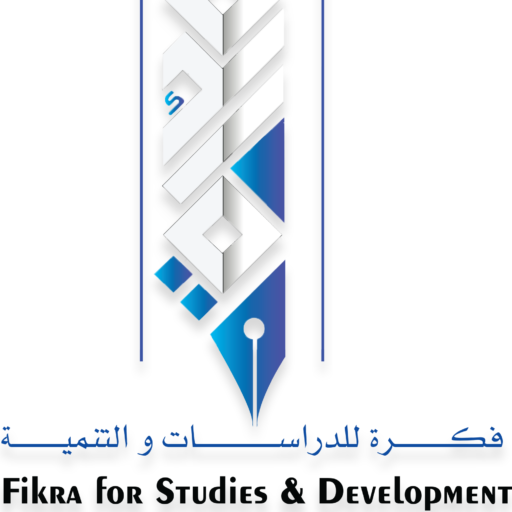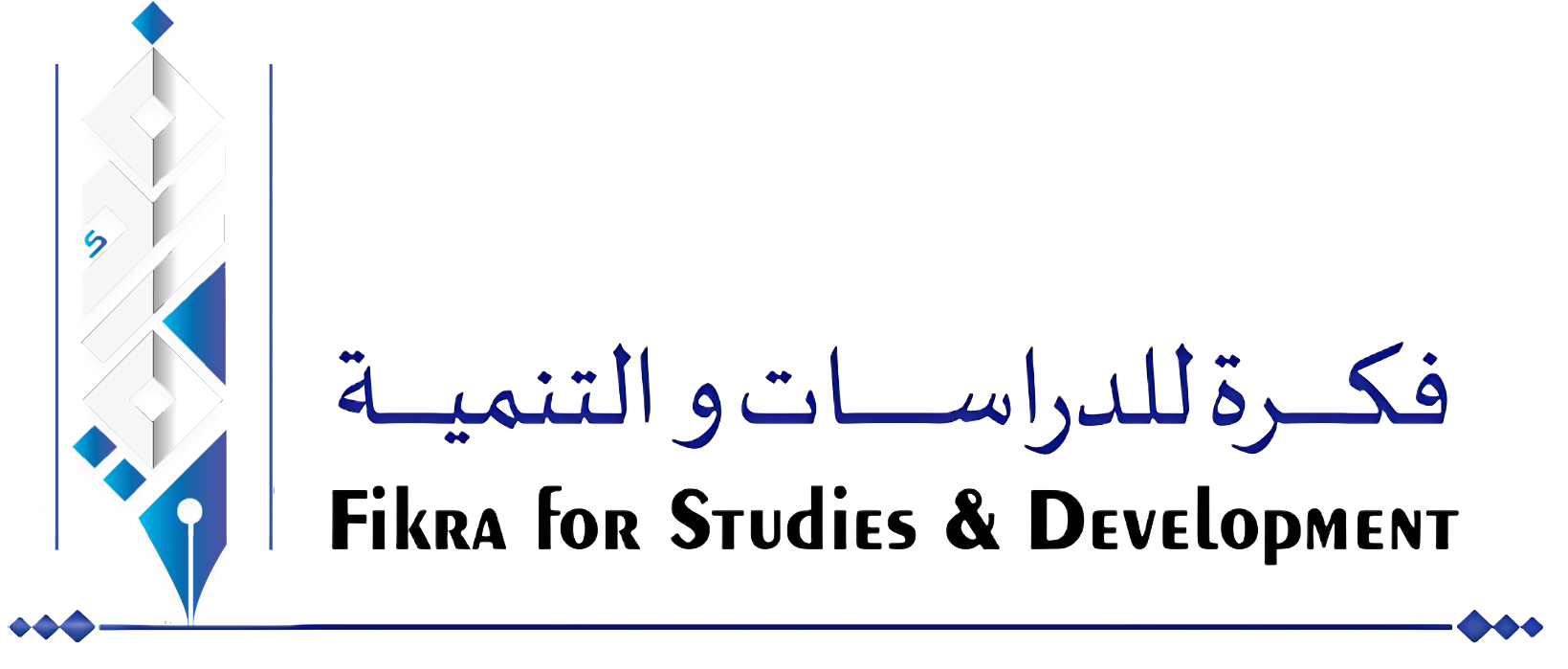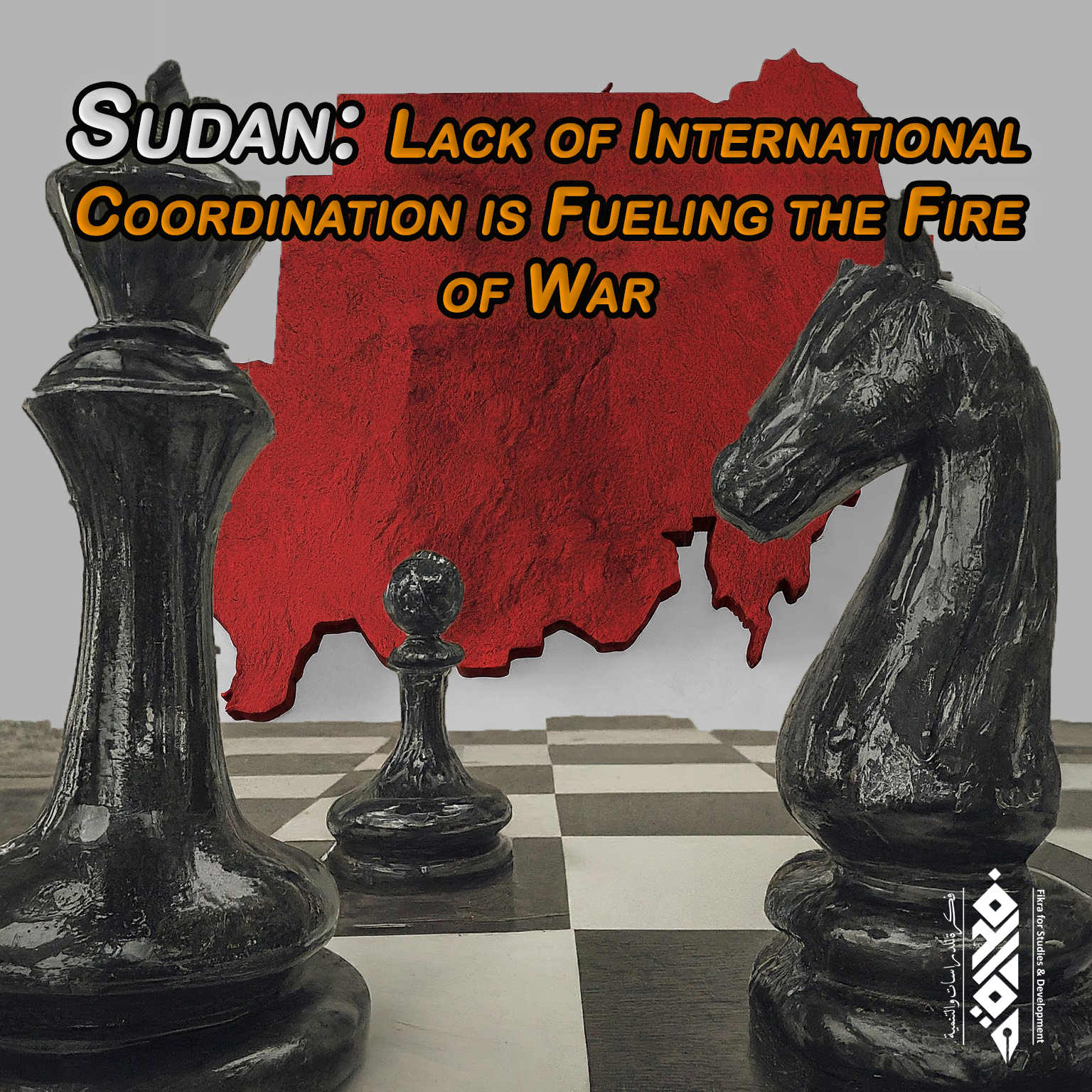Sudan: Lack of International Coordination is Fueling the Fire of War
Sudan: Lack of International Coordination is Fueling the Fire of War
Dr. Elshafie Khidir Saeed
In a previous writing, we discussed some factors that we believe are prolonging the war and hindering peace efforts in Sudan. These factors include:
- The lack of will on both sides of the conflict, with each side believing that it will be able to deliver a knockout blow to the other.
- The history of wars around the world shows that any military confrontation that does not end in the first few days or weeks will likely drag on for a long time, and the longer it lasts, the less likely it is to achieve a permanent ceasefire.
- The longer the conflict lasts, the more armed groups emerge beyond the control of their original central leadership. These groups act like bandits, and some try to settle old disputes over resources in a particular area. These groups, in addition to fighters from outside Sudan, often want the war to continue because it is their source of income.
- The deepening tribal nature of the war, the rise of racist and hateful rhetoric, and the spread of killings based on identity and political affiliation. This is difficult to contain and prolongs the war and renew it if it stops unless the causes are addressed.
- The political and diplomatic competition between external powers has led to a multiplicity of international initiatives, all of which are completely incapable of imposing a ceasefire.
- The broken unity of the civilian forces and the rise of foreign agendas among them. The inclination of some international actors for certain civil groups and their support for them fuels further divisions among civil forces and hinders their ability to find the right path to help end the fighting.
Last Wednesday, a consultative meeting on Sudan concluded in Cairo. The meeting was attended by the Arab League, the United Nations, the African Union, the Intergovernmental Authority on Development (IGAD), the European Union, the Kingdom of Bahrain (presidency of the Arab League summit), the Islamic Republic of Mauritania (presidency of the African Union), and the Republic of Djibouti (presidency of IGAD). In addition to the peace initiative countries: the Arab Republic of Egypt, the Kingdom of Saudi Arabia, and the United States of America. The meeting concluded with the participants evaluating their efforts and the peace initiatives they are sponsoring. It also discussed coordination mechanisms between these efforts and regional and international initiatives on Sudan, as well as areas of integration between these initiatives, the added value of the role of states, and the creation of operational coordination tools to enhance coordination and integration.
However, the very next day, the African Union sent invitations to Sudanese civil forces for a preparatory meeting to be held in Addis Ababa from July 10-15. It is worth noting that the Egyptian Ministry of Foreign Affairs announced its invitation to a similar meeting in the same month. Is this not the lack of coordination and competition that we referred to above?
We believe that if the regional and international powers are serious about addressing the Sudanese crisis and contributing to a ceasefire, they must take the initiative to establish a unified international coordination platform for efforts to end the war and establish peace in Sudan, with a clear and logical distribution of tasks among the relevant international and regional parties. In this regard, the UN Secretary General Personal Envoy to Sudan can play the role of main coordinator on this platform, bridging the gaps between the efforts of the African Union, IGAD, the Jeddah platform, the Arab League, the neighborhood countries initiative, and the European Union.
Certainly, for this unified platform to be able to fulfill its role as required and for any plan it devises to succeed, it will need the support of the broadest possible Sudanese popular base, and this can only happen with the identification of the right priorities that matter to the people.
However, we do not believe that the priority now is to try to gather Sudanese civilian political forces in this or that capital to unify them and discuss the war politically, despite the importance and necessity of this. Politics is not the only way in, and perhaps not the right entry point or the priority in the current situation in Sudan. Any attempts to address the war in isolation from the tragic suffering that is reaching the inferno of the Sudanese people will be a tweet out of the flock.
The right approach and the highest priority now to address the catastrophic situation in Sudan is not the political process, but the implementation of the humanitarian agenda and addressing the suffering. It is also about using the international legal framework (The Responsibility to Protect) to ensure the protection of civilians and deliver humanitarian assistance to them, and to prevent any potential trends towards genocide as happened in El Geneina and is feared to happen in Al Fashir.
Thus, the logical framework, as we see it, for addressing the war crisis in Sudan is:
- Prioritize the humanitarian agenda and ensure the protection of civilians, stressing that the humanitarian agenda and the protection of civilians are not subject to politicization or compromise. Humanitarian aid should not be held hostage by the warring parties.
- Impose and maintain a technical ceasefire, using the mechanisms in place regionally and internationally and within the framework of international law.
- Make every effort to mend the social fabric and reduce social, ethnic, and political polarization.
This would be followed by, as a final stage:
- Engaging in a comprehensive political process that is foundational for the Sudanese state, designed, managed, and led by Sudanese civil forces. This should lead to a transitional period with no role for the warring parties or foreign actors, guided by the revolution’s main slogan: “The military to the barracks and the Rapid Support Forces to be dismantled.”
Finally, we reiterate what we have said in more than one previous article: the horrific violations in Sudan will not be deterred by condemnations and statements of denunciation. They require the international community to assume its responsibilities in protecting Sudanese civilians, starting with:
- Using the powers enshrined in the UN Charter to enforce a ceasefire and deliver humanitarian assistance to the population, especially the displaced and refugees.
- Imposing a ban on the entry of weapons into Sudan.
- Issuing international sanctions on countries that support the continuation of the war in Sudan and enable the continuation of these crimes and violations in flagrant violation of international legitimacy decisions.
- Expanding the scope and mandate of the international commission of inquiry of the UN Human Rights Council and obliging the warring parties to accept it and allow it unrestricted access to all areas of Sudan to investigate the violations committed during this war.
Dr. Elshafie Khidir Saeed
A Sudanese pro-democracy political scholar, thinker and writer. He has a long track-record in the struggle against military dictatorships for realizing democracy, rule of law, peace and political stability in Sudan. He was subjected to political detention for five years in the 80th of the last century, and he went underground for many years fighting the Ingaz regime. Dr. Elshafie has a number of published writings on the consolidation of democracy and the intersections between the roles of the tribe, the army and politics in Sudan.
Dr. Elshafie can be contacted by email: eksahmed@gmail.com, elshafie@fikrasd.com.
The Outbreak of the Killing Madness Epidemic in Sudan
The Outbreak of the “Killing Madness” Epidemic in Sudan
Dr. Elshafie Khidir Saeed
War crimes and crimes against humanity represent some of the most severe offenses against humankind. They constitute grave violations of fundamental human values, international humanitarian law, and international human rights law.
Although the distinction may seem subtle, war crimes and crimes against humanity differ in both scope and application. War crimes involve breaches of the laws and customs governing armed conflicts—whether between nations or within a state—and may target both soldiers and civilians. Examples include the killing or torture of prisoners of war or civilians, the use of prohibited weapons (such as chemical or biological arms), indiscriminate attacks that cause civilian casualties, the recruitment and deployment of child soldiers, and the deliberate destruction of civilian property, infrastructure, or institutions like hospitals, schools, and places of worship.
In contrast, crimes against humanity refer to systematic, organized, and widespread attacks against civilian populations, committed during both war and peacetime. Often driven by political, ethnic, or religious motives, these acts include deliberate killings, genocide, torture, enforced disappearances, rape, sexual enslavement, human trafficking, forced displacement or mass population transfers, and other violent measures that inflict severe suffering. Both war crimes and crimes against humanity are codified in international law—most notably in the four Geneva Conventions of 1949 and their Additional Protocols, as well as in the Rome Statute, which established the International Criminal Court (ICC) in 1998.
To ensure justice and deter future violations, jurists, human rights defenders, and policymakers stress the critical importance of holding perpetrators accountable. This can be achieved through mechanisms such as the ICC, specialized international tribunals (for instance, the Nuremberg Trials for World War II crimes or the ICC tribunals for Rwanda and the former Yugoslavia), or national courts operating under the principle of universal jurisdiction—provided that the judicial systems involved remain independent and impartial.
When applying this understanding to Sudan’s ongoing conflict—now nearing its second year—it becomes evident that many, if not all, elements of these crimes are present. Documented evidence reveals that civilians in residential areas, markets, and hospitals are being targeted by artillery shelling, airstrikes, or drone attacks, leading to significant casualties, particularly among women and children. Acts of vengeance, massacres, and public killings—often as brutal as butchering sheep—have become alarmingly common, typically fueled by political, ethnic, or regional animosities or driven by looting. Other atrocities include the systematic use of sexual violence as a weapon of war, the forced displacement of populations (resulting in a massive internal refugee crisis and cross-border exodus), and the destruction of critical infrastructure such as roads, bridges, hospitals, schools, and utilities that provide water and electricity—thereby depriving civilians of essential services.
While war crimes and crimes against humanity were prevalent during South Sudan’s pre-secession conflicts and the Darfur war (ongoing since 2003 and labeled by the UN as the “first genocide of the 21st century”), Sudan’s current conflict—ignited on April 15, 2023—has escalated to unprecedented and irrational levels. The nation now endures horrific violence and brutal massacres against civilians, often driven by ethnic or political vendettas, plunging the country into what can only be described as an epidemic of bloodshed—a “killing madness.”
Symptoms of this epidemic in Sudan include:
• The unending “cycle of revenge,” which perpetuates violence and bloodshed.
• Escalating tensions that breed fear and anger.
• The normalization of violence as an accepted method for resolving conflicts.
These factors not only erode the prospects for peaceful dialogue but also deepen societal polarization and fracture the social fabric—casting a long shadow over Sudan’s future unity. Moreover, they heighten the risk of external actors becoming involved, further exacerbating the tragedy and prolonging civilian suffering.
The spread of this “killing madness” cannot be ignored or met with silence. All stakeholders—especially traditional leaders, grassroots figures, Sufi religious guides, and civil society—must shoulder a moral responsibility to curb this epidemic. However, the primary legal and ethical burden rests on the leadership of the warring parties, who must:
• Enforce strict discipline among their forces to prevent further war crimes and crimes against humanity.
• Establish independent commissions to investigate both past and ongoing atrocities.
• Publicly disclose their findings with full transparency.
• Ensure that all perpetrators are swiftly and fairly held accountable.
Failure to act renders these leaders complicit in the atrocities. Additionally, as highlighted in previous discussions, Sudan must urgently deploy police and civilian law enforcement in army-controlled areas, enforce a clear separation between regular military forces and mobilized militias, and ensure that any direct engagement with civilians strictly adheres to the rule of law.
If domestic efforts prove insufficient, international mechanisms under international law must be activated to halt this tragedy and protect civilians. The Sudanese people deserve neither this pervasive madness nor the enduring scars it leaves behind.
Dr. Elshafie Khidir Saeed
A Sudanese pro-democracy political scholar, thinker and writer. He has a long track-record in the struggle against military dictatorships for realizing democracy, rule of law, peace and political stability in Sudan. He was subjected to political detention for five years in the 80th of the last century, and he went underground for many years fighting the Ingaz regime. Dr. Elshafie has a number of published writings on the consolidation of democracy and the intersections between the roles of the tribe, the army and politics in Sudan.
Dr. Elshafie can be contacted by email: eksahmed@gmail.com, elshafie@fikrasd.com.


